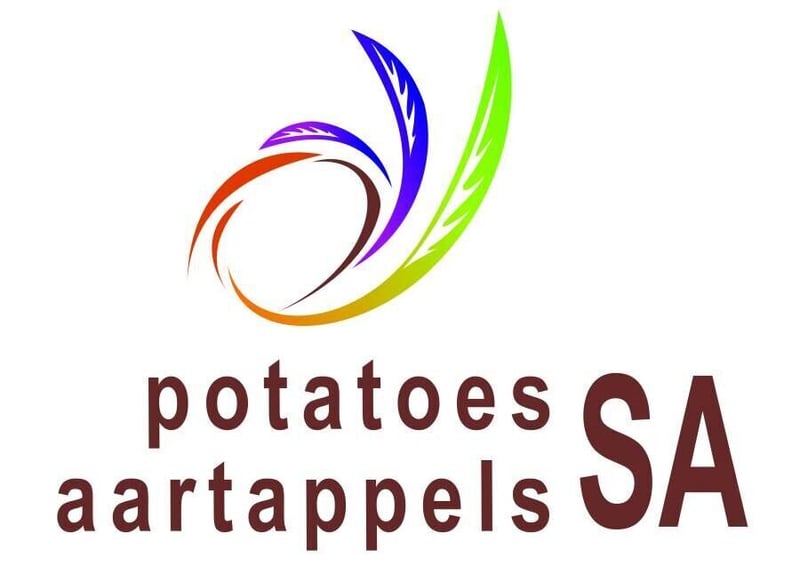The informal trader – a stakeholder the potato industry can rely on
Written by: Zolani Qetsele Save to Instapaper
Winston Churchill once said: “Victory at all costs, victory in spite of all terror, victory however long and hard the road may be, for without victory, there is no survival”. If there is anything COVID-19 taught humanity, is how to survive and fight against all odds. Despite being unregistered on the Receiver of Revenue’s books, the informal economy is one that knows and understands survival too well.
It is reported that, in South Africa, this segment of the economy accounts for between 40% to 50% of sales worth about R360 billion annually. In addition, this segment ensures that residents in townships and informal settlements have access to foodstuffs at their doorsteps, at affordable prices.
About 70% of households in poorer neighbourhoods purchase some of their foodstuff from the informal sector, a tangible, valid and visible sign of the key part this sector plays in ensuring food security, job creation and livelihoods.
Informal traders were the hardest hit by COVID-19 regulations during the first two weeks of alert level 5 #SALockdown due to an oversight on the part of government to recognise the significant role that informal traders play in generating income and contributing to food security to many impoverished communities around South Africa.
South Africa has one of the most profound unemployment challenges in the world, with an official unemployment rate that was reported to stand at a staggering 29.1% towards the end of 2019 according to Statistics South Africa (Stats SA). It is safe to accept that the majority of unemployed South Africans who had joined the informal sector as a survival strategy were gravely affected by the emergence of COVID-19. In addition, a lot of people lost their regular jobs leading to unemployment rates reaching an all-time high record of 42.6% in the first three months of 2021.
Informal traders are the jewels of the potato industry said Willie Jacobs – Chief Executive Officer of Potatoes South Africa. Our statistics reveal that 66% of all potatoes sold at national fresh produce markets are channelled to the informal sector he highlighted. One can only imagine how this valuable stakeholder group was affected by lockdown regulations during alert level 5.
Over the last three years (2018 -2020) South Africa produced approximately 2.5 million tonnes of potatoes annually in 16 different production regions across South Africa. South Africa is one of a few countries in the world that can supply fresh potatoes all year round. At primary level, the industry is worth R7.5 billion whilst at secondary level R26 billion.
The primary potato industry provides work to an estimated 45 000 labourers (permanent & seasonal) on approximately 570 commercial potato farms. Furthermore, it is estimated that between 2 000 and 3 000 small holder farmers cultivate potatoes, meaning that 2 000 to 3 000 households produce potatoes for own consumption. Furthermore, surplus potatoes produced by these small holder farmers also increase the value position of potatoes through consumption by surrounding communities.
The role that the potato industry plays in positively contributing towards issues of poverty, hunger and unemployment should not be underestimated. The United Nations has declared 2021 as the International Year of Fruits and Vegetables with the purpose of strengthening the role farming plays in enhancing food and nutrition security, whilst providing livelihoods for many rural communities.
When one looks at the economic performance of South Africa in 2020, which is reported as the biggest annual fall in economic activity since the early 1940s, it is good to know that agriculture is amongst 2 out of 10 industries that exhibited growth. The growth was driven by increased production in food, beverages and motor vehicles reports Stats SA.“Despite the impact of the pandemic on economic growth, there was one shining star in 2020.
Agriculture escaped the effects of the pandemic relatively unscathed, expanding production by 13,1% in 2020.” (Stats SA, GDP: Quantifying economic performance in 2020, 9 March 2021)According to the Food and Agriculture Organisation, potatoes are the 4th most significant food crop in the world after maize, rice, and wheat. This makes potatoes the number one non-grain food in the world.
As an industry, we are privileged and eternally grateful to all the informal traders who drive potato sales so passionately and aggressively in their respective trading places across South Africa – from street corners to taxi ranks and train stations, informal traders do their bit to ensure Potatoes SA lives up to its strategic mission of Together towards excellence in the potato industry. For this, we say, thank you, concludes Jacobs.
Get new press articles by email
Public relations, despite the rumours, is not about spin and hype. At PR Worx, we consider public relations a crucial business tool that works to tell the right people about your company’s products, services and ideas, your philosophy and your motivations, in the right way. Sometimes, PR involves writing and disseminating a media release to targeted media, sometimes it involves speaking... Read More
The Pulse Latest Articles
- Education Is The Frontline Of Inequality, Business Must Show Up (December 11, 2025)
- When The Purple Profile Pictures Fade, The Real Work Begins (December 11, 2025)
- Dear Santa, Please Skip The Socks This Year (December 10, 2025)
- Brandtech+ Has 100 Global Creative Roles For South African Talent (December 9, 2025)
- The Woman Behind Bertie: Michelle’s Journey To Cape Town’s Beloved Mobile Café (December 9, 2025)
